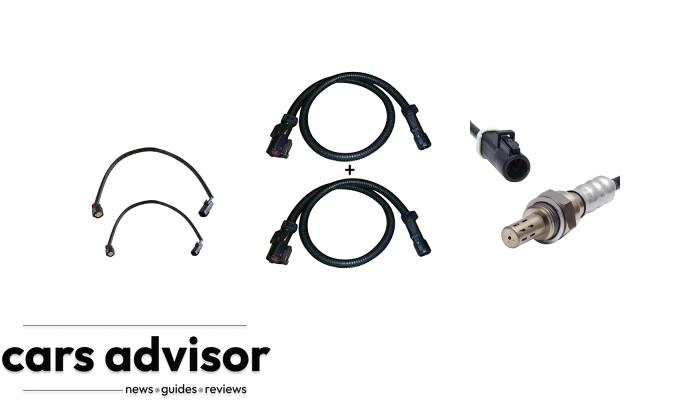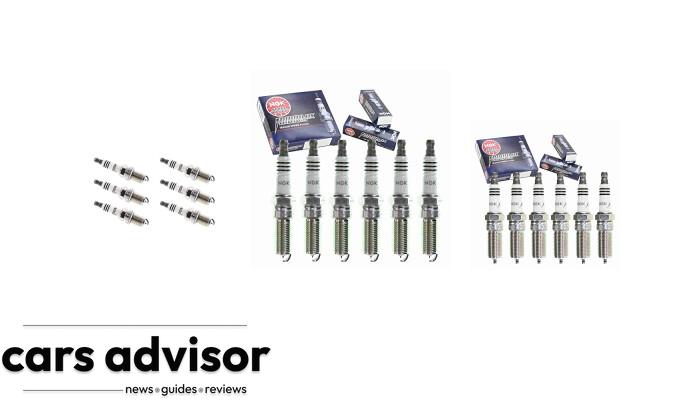Fasten your seatbelts, because we’re about to explore the world of lightning-fast cars! While a car can’t go from 0 to 60 in a second (sorry, speed demons), it’s still mind-blowing to witness just how quickly some vehicles can accelerate. So, let’s take a look at some of the fastest models in production and what they’re capable of.
First up, we have the Rimac C_Two electric hypercar, which can go from 0-60 mph in an astonishing 1.85 seconds. That’s faster than you can say “supercar”! Not far behind is the Tesla Model S Plaid, which can hit 60 mph in just 1.98 seconds. That’s quicker than a blink of an eye!
But let’s not forget about the Bugatti Chiron Super Sport, equipped with an 8.0-liter, quad-turbocharged W-16 engine, which can accelerate from 0-60 mph in a mere 2.3 seconds. That’s faster than a cheetah chasing its prey! And then there’s the Koenigsegg Jesko, known for its blistering acceleration, which can reach 60 mph in just 2.5 seconds. That’s faster than a rocket taking off!
Of course, achieving these speeds requires a perfect combination of advanced engineering, horsepower, and impressive traction off the line. It’s a true feat of human ingenuity and technological advancement. While most drivers will never need to reach these speeds, it’s still exciting to see just how far we’ve come in terms of car technology and performance. So, buckle up and enjoy the ride!
Defining 0 to 60 acceleration and its importance in the car industry
Acceleration is a crucial aspect of a car’s performance and determines how quickly it can reach high speeds from a standstill. The most common measure of acceleration is the time it takes for a car to go from 0 to 60 miles per hour (mph) or 0 to 96 kilometers per hour (kph), also known as 0-60 acceleration. This metric is important to car enthusiasts, manufacturers and consumers alike. It is an indication of a car’s power, agility, and responsiveness. 0 to 60 acceleration is often used as a marketing tool by car manufacturers to promote their vehicles and to distinguish them from competitors. Cars that have impressive 0 to 60 acceleration can justify a higher price tag and are often associated with luxury or high-performance vehicles.Examining the current record for 0 to 60 acceleration
The current record for 0 to 60 acceleration is held by the Rimac C_Two electric supercar, which can do it in about 1.85 seconds. This is an astonishing feat that showcases the incredible advancements in technology and engineering in the automotive industry. The Rimac C_Two is a twin-motor electric vehicle that generates a combined output of 1,914 horsepower and 1,696 lb-ft of torque. It is equipped with advanced aerodynamics and active suspension systems, which allow it to achieve unparalleled acceleration times. However, this car is still in production and not yet available to the public.How Rimac’s technology is pushing the boundaries of acceleration
Rimac is a Croatian company that specializes in the development of high-performance electric vehicles. They have been able to achieve such impressive 0 to 60 acceleration times by using advanced technology such as electric motors, high-performance batteries, lightweight materials, and innovative aerodynamics. Rimac focuses on developing every aspect of their cars in-house to ensure the best possible performance. They are pushing the boundaries of what is possible in terms of acceleration and speed, and have positioned themselves as a major player in the automotive industry.Debunking the myth of a car accelerating from 0 to 60 in one second
While many car enthusiasts may have heard stories of cars going from 0 to 60 in one second, this is simply not possible. This is a myth that has been propagated by Hollywood and other media outlets. The laws of physics dictate that it is not possible to achieve such speeds from a standstill in such a short amount of time. The fastest acceleration times in the world are achieved by specialized vehicles such as dragsters, which are not street legal and are built for the sole purpose of speed.The impact of acceleration on car performance and safety
Acceleration not only affects a car’s performance, but also its safety. A car that can accelerate quickly can avoid accidents more easily by being able to quickly get out of the way of potentially dangerous situations. However, acceleration can also be a liability if not properly controlled. Cars that are too powerful can be difficult to handle and may result in accidents or collisions. Therefore, manufacturers must balance power and performance with safety when designing vehicles.Is the America’s Safest Car also capable of achieving a 0 to 60 mph acceleration in a second?
The america’s safest car prioritizes safety features over speed. While it may not achieve a 0 to 60 mph acceleration in a second, its advanced safety technologies ensure superior protection for passengers. With its focus on safeguarding lives, this car stands out as a reliable choice for those seeking top-notch safety on the roads.
How different car models and engines affect acceleration
Different car models and engines have a significant impact on acceleration. High-performance engines such as V8s or twin-turbocharged V6s often provide better acceleration times than smaller, more fuel-efficient engines. However, electric vehicles with their instant torque and no lag times have been catching up quickly. The weight of the car, the transmission, and the tires are also factors that affect acceleration. Cars with more weight and larger tires may take longer to reach high speeds due to their increased inertia and the additional weight.- Bigger engines generally lead to faster acceleration
- Electric motors also provide impressive acceleration
- Cars with more weight and larger tires may take longer to accelerate due to increased inertia












